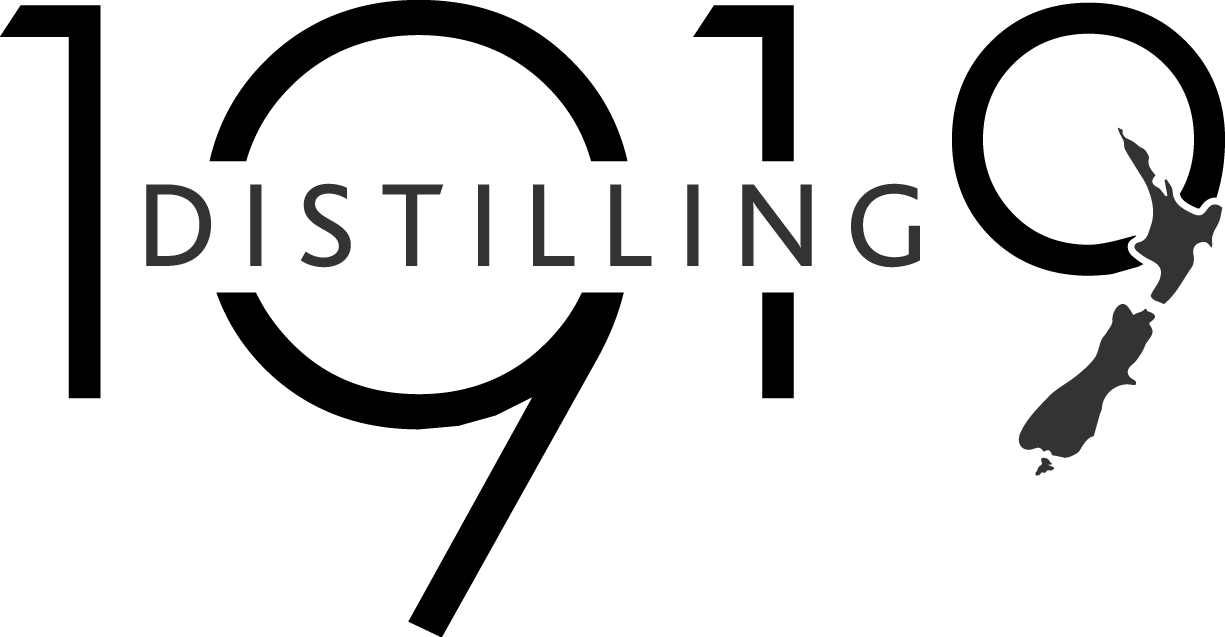What is Craft Distilling
Even if you are not much of a spirit drinker odds are you have walked into a liquor store and seen the whisky and gins on the shelf under labels like Johnny Walker or Bombay Sapphire. If you’ve ever had a bit more of a look, you would have noticed that some brands you haven't heard of are starting to command shelf space. These are the rebels, the independent brands driving the craft spirit movement.
Following in the footsteps of craft beer, over the last few year craft spirits have started to enjoy a small boom, with new distilleries and local brands popping up, typically founded on a dream and family-owned and self-funded.
So who can use the word craft? Unfortunately, its loosely defined leaving room for misinterpretation to pop up. Within the industry, it is recognised as being produced in small batches (our smallest batch was nine bottles). Keeping to the true sense of handcrafted the distiller is involved in every step of the process from selecting the botanicals to fermenting the wash to running the still. You wouldn't see a large commercial distiller crushing juniper berries with a mortar and pestle as we do.
Unfortunately, when you look at the larger players within the industry, love, sweat and pride for each bottle gets sacrificed for scale. Their stills can be over 100,000 litres in size compared to a craft distillers 100-1000 litres. Their systems are automated every step of the way of producing tens of thousands of bottles a day and they couldn't tell you, or won't tell you, about the process. Ask a true craft distillery and their face will light up and they will tell you it rained that day while making batch 6 or how they picked the lemons from their grandparents lemon tree. It’s the attention to detail that sets us apart.
In fact, these days many spirits aren't even distilled by their distillery or distiller. Instead they're bought in bulk and altered, blended or infused and maybe even sweetened, filtered or flavoured. So even if the word craft is on the bottle it may have been distilled in a big factory. Look for terms like "produced and distilled by" or "made in New Zealand" to give help you ensure the product is authentic and not mass produced and avoid tricks like "blended", "batch made", "bottled by" and "crafted in".
Next time you’re out looking through the shelves, we encourage you to pick up a bottle read the back, read the label and support the little guy. After all, do you really want to help some CEO get his 8,000,000 dollar bonus? Yeah nah, let's keep it kiwi and promote the craft distilling movement!

